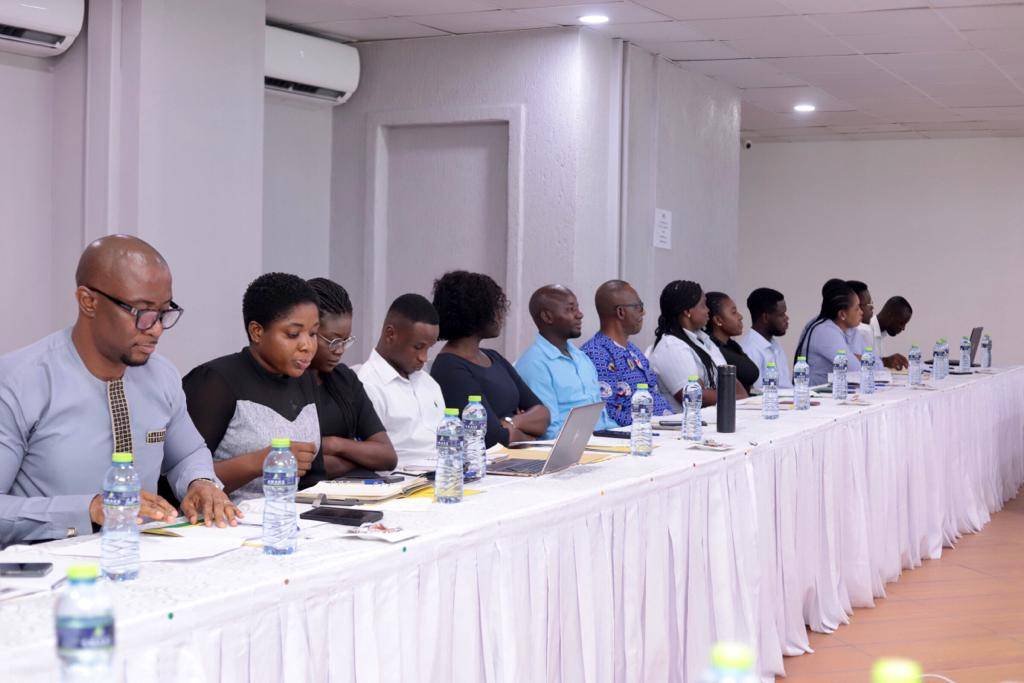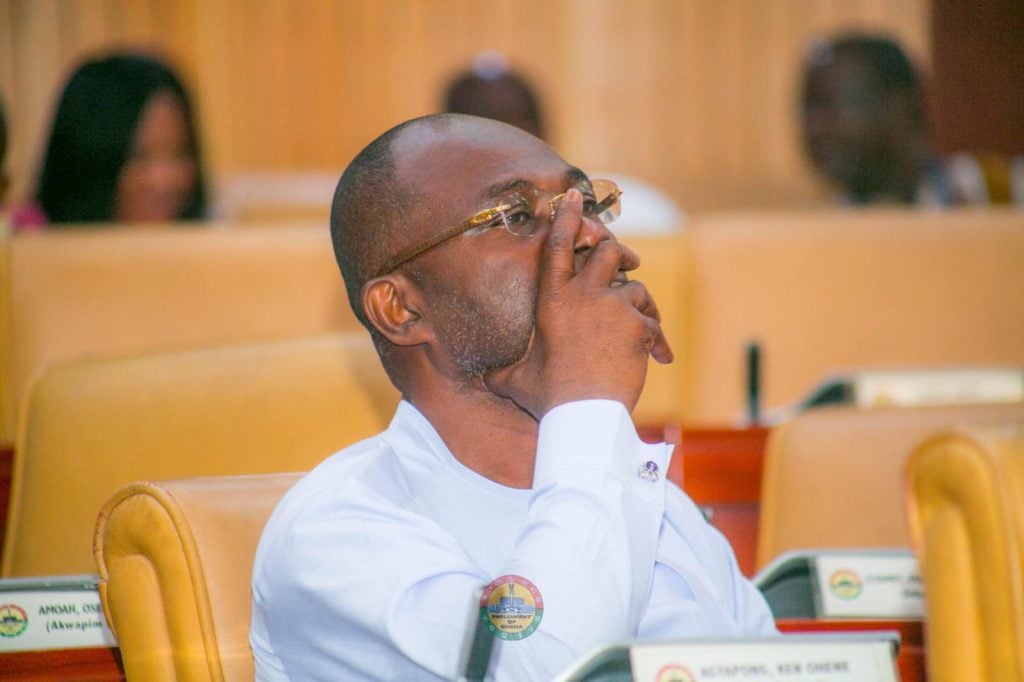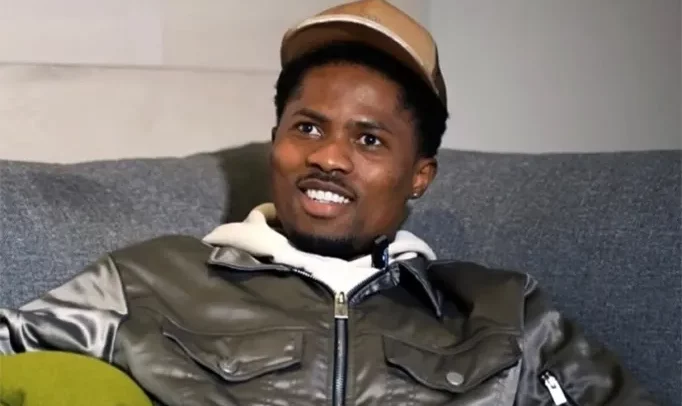
Parliament has approved the highest-ever allocation from the Ghana Education Trust Fund (GETFund) to basic education under the current political administration.
The allocated amount of GH?800million represents 20 percent of the total GETFund formula for 2024, compared to the 12 percent allocated to the basic level in 2023. This 2024 allocation marks a significant 196 percent increase from the GH?270million allocated in 2023, indicating a heightened recognition of the urgent need for infrastructure at the basic level by the government.
According to the budget breakdown, out of the total allocation to basic education, GH?370million is designated for new and ongoing basic school projects, GH?270million for procurement, and GH?100million for furniture.
Executive Director – Africa Education Watch, Kofi Aare, described the outcome as a huge progress for basic-level education, considering the myriad of challenges crippling the sector. Even though this took years of advocacy and public outcry from CSOs urging the government to pay more attention to the basic level.
“The development follows one-year intensive advocacy for desks and basic school infrastructure, with support from FCDO and Oxfam, and in partnership with STAR Ghana Foundation, ActionAid, education CSOs and the media.
“Our meetings with the Parliamentary Select Committee on Education and regular engagement with the Minister of Education have been productive; and will continue to ensure full budget execution, spending efficiency and quality implementation,” he said.
He added that Eduwatch and its partners are grateful to the Parliamentary Select Committee on Education and the Minister of Education for listening to public concerns and responding accordingly even though much more could be done.
The CSO also urged the Ministry of Finance to improve upon the slow release of the GETFund to ensure all ongoing projects are completed this year.
Prioritising investment in basic education
Ghana has made remarkable progress in achieving equitable access to basic education, but learning levels remain low. Basic education in Ghana covers kindergarten (KG), primary and junior high school (JHS). Foundational learning acquired during these years provides a basis for children to progress to high levels of education and ensure they have basic functional literacy and numeracy.
Reflecting this importance, the Education Sector Plan 2018-2030 establishes that by Primary Four (P4), all children in Ghana should have learned to read fluently with comprehension, acquire fundamental mathematical competencies, and develop resilient socio-emotional skills.
Yet, the 2021 National Standardized Test Results for P4 students showed that half (50 percent) of the students scored below basic proficiency in English and Mathematics.
Persistent gaps between gross enrolment ratios and net enrolment ratios indicate that many children are failing to gain the required skills and transition to higher levels of education.
These factors can be attributed to the lack of infrastructure and required teaching and learning materials at the basic level; hence, the persistent clarion call by CSOs like Eduwatch, the Institute of Education Studies (IFEST) and the Coalition Against Privatisation and Commercialisation of Education (CAPCOE) for the government to uncap GETFund and increase allocation to that sector.
The post Basic education receives highest GETFund allocation in 7 years appeared first on The Business & Financial Times.
Read Full Story


















Facebook
Twitter
Pinterest
Instagram
Google+
YouTube
LinkedIn
RSS